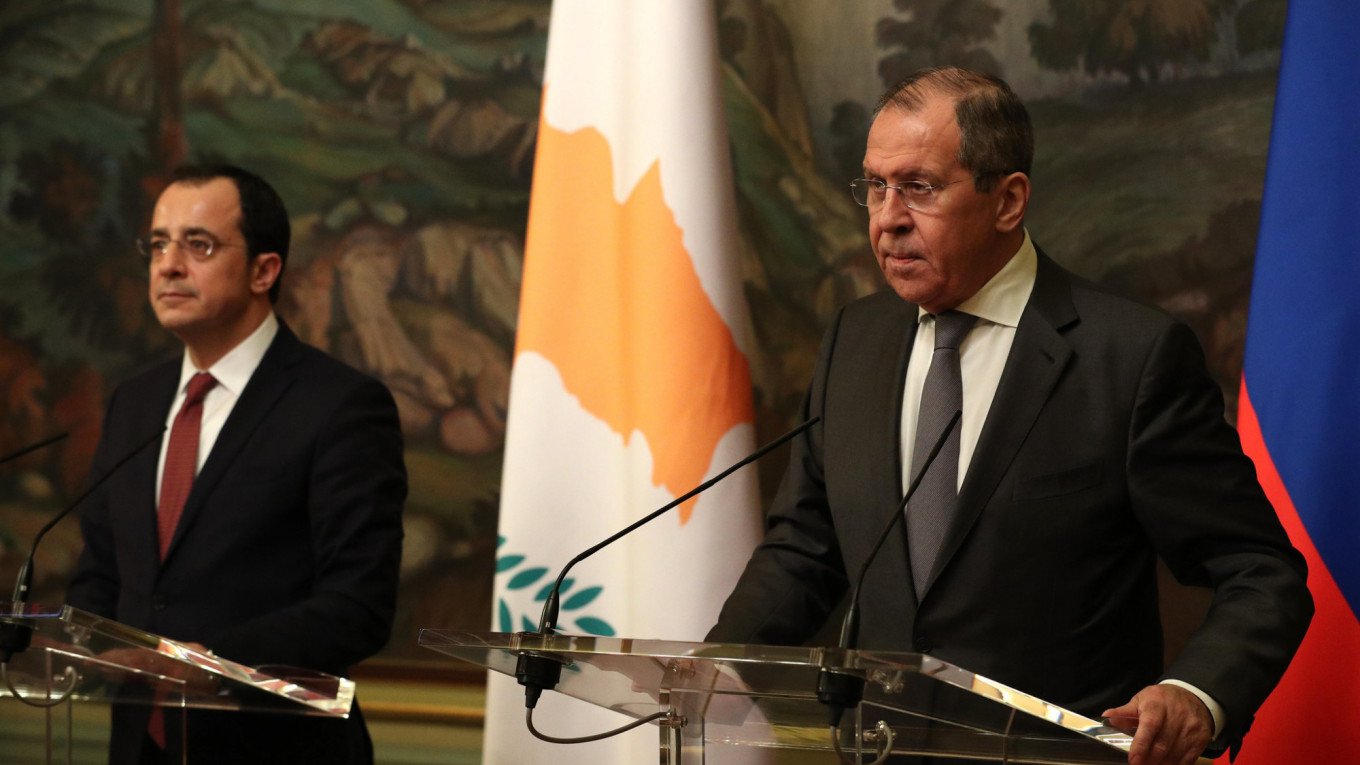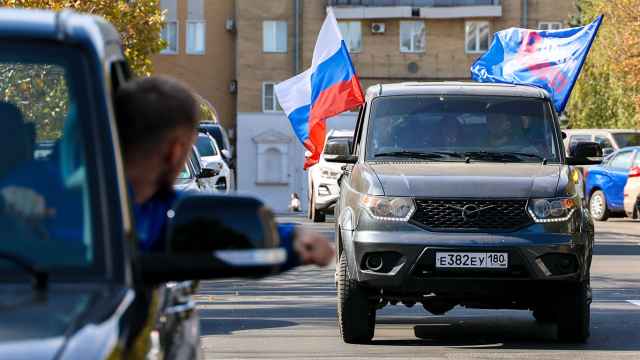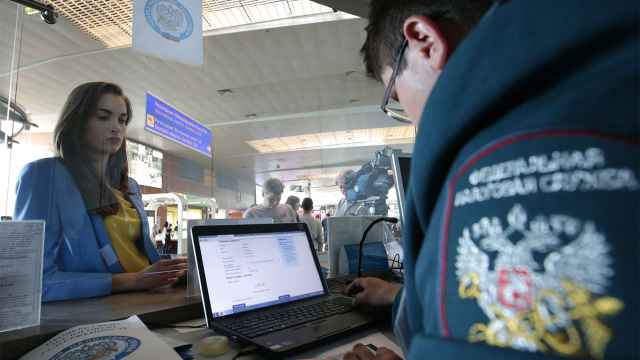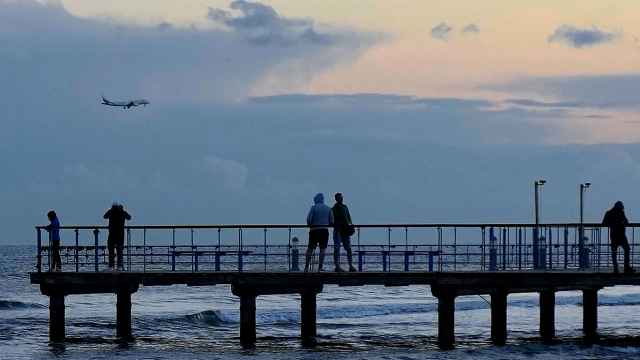Russia and Cyprus signed a new deal Tuesday to hike the taxes that Russian companies have to pay on profits they send to holding companies incorporated on the Mediterranean island.
Most Russia-based firms will now have to pay a 15% tax on dividend payments they send from Russia to Cyprus — up from previous rates of 5% or 10%.
President Vladimir Putin has made targeting the flow of profits to low-tax jurisdictions a high-profile pillar of the Kremlin’s economic response to the coronavirus, saying it is unfair that firms cut their tax bills by incorporating abroad. He threatened to abandon long-standing double tax treaties should the other countries not agree to Russia’s terms.
Similar agreements have been struck with Malta and Luxembourg and Russia is currently negotiating a deal with The Netherlands.
Cyprus has proved a favorite destination for Russian firms to register holding companies due to its low taxes, status as an EU member, privacy rules and judicial system based on English law.
The island’s “golden passport” scheme has also been extremely popular among wealthy Russians looking to get an EU passport. A recent Al Jazeera investigation found more than 1,000 Russians, including high-profile business and political elites, obtained Cypriot citizenship between 2017-2019 by investing the required $2.5 million, mostly into real estate.
However, in recent years a tightening of anti-money laundering rules on the island and U.S. sanctions had prompted a number of Russian companies to move to other offshore locations or cut down their Cypriot presence. New laws now ban so-called “Politically Exposed Persons” (PEPs) from gaining citizenship through investment.
The agreement with Cyprus was signed Tuesday as part of Russian Foreign Minister Sergei Lavrov’s visit to Nicosia. A 15% tax will also be levied on interest payments from Russia to Cyprus, although there are a number of exemptions for state-linked institutions.
Tax experts at consultants PricewaterhouseCoopers estimate Russia could gain 150 billion rubles ($2 billion) in extra revenues per year from the new agreement, which comes into force in January 2021.
A Message from The Moscow Times:
Dear readers,
We are facing unprecedented challenges. Russia's Prosecutor General's Office has designated The Moscow Times as an "undesirable" organization, criminalizing our work and putting our staff at risk of prosecution. This follows our earlier unjust labeling as a "foreign agent."
These actions are direct attempts to silence independent journalism in Russia. The authorities claim our work "discredits the decisions of the Russian leadership." We see things differently: we strive to provide accurate, unbiased reporting on Russia.
We, the journalists of The Moscow Times, refuse to be silenced. But to continue our work, we need your help.
Your support, no matter how small, makes a world of difference. If you can, please support us monthly starting from just $2. It's quick to set up, and every contribution makes a significant impact.
By supporting The Moscow Times, you're defending open, independent journalism in the face of repression. Thank you for standing with us.
Remind me later.






